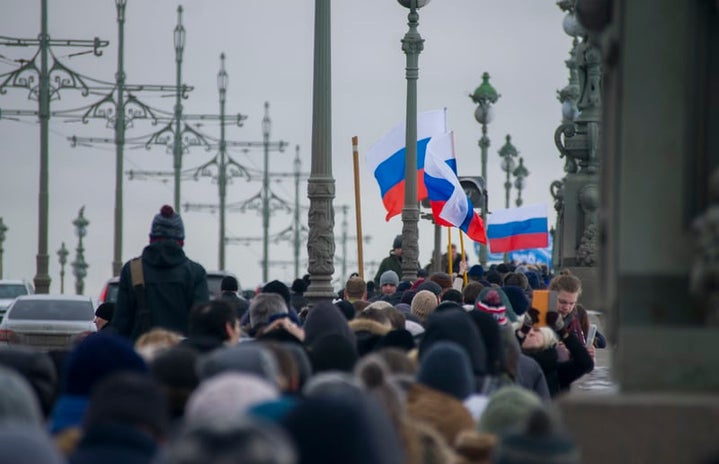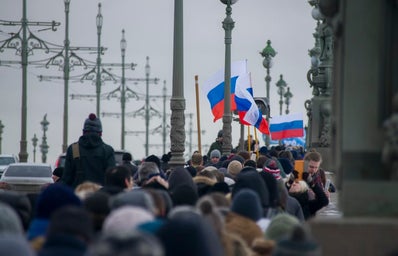On Aug. 30, Mikhail Gorbachev, the last leader of Soviet Russia, passed away following a long illness. Gorbachev is known for his radical ideals and progressive changes in attempts to recover the Soviet Union economically from years of unrest and poverty. Gorbachev’s Perestroika (rebuilding) and Glasnost (openness) sought to reform and save a Communist system that was beyond repair. Furthermore, Gorbachev was tasked with aiding the Soviet Union in overcoming decades of Cold War ideology.
Mikhail Gorbachev came to power on March 11, 1985, after a long string of Soviet rulers’ deaths. He had a humble upbringing, born the son of Russian peasants before driving a harvester at a state farm. Gorbachev joined the Komsomol (Young Communist League) and demonstrated a strong potential in politics through his efforts to aid the agricultural industry in Russia while holding the position of Party Secretary of Agriculture. In 1979, Gorbachev joined the Politburo as the youngest member, thus beginning his career in mainstream politics. After the death of Konstantin Chernenko, the Politburo elected Gorbachev to take his place as General Secretary of the Communist Party of Russia.
Throughout the Soviet Union and the world, the emergence of a new, bold leader encouraged many that the future of Russian politics might encourage more collaboration among the states and favor the people of Russia. Margaret Thatcher, former Prime Minister of Britain, proclaimed: “I like Mr. Gorbachev. We can do business together.” Former President Ronald Reagan told journalists during his Moscow visit in 1990 “Frankly, President Gorbachev and I discovered a sort of bond, a friendship between us, that we thought could become such a bond between all the people.”
While many across the world are mourning the death of the man who peacefully dissolved the Soviet state, the current president of Russia, Vladimir Putin, has publicly announced that he cannot attend Gorbachev’s funeral, attributing it to “scheduling issues” and refusing to allow the funeral to be a state-sponsored one. While Putin and Gorbachev shared their support of the Communist system, Putin’s refusal to attend Gorbachev’s funeral is no surprise, as Putin and Gorbachev have a history of opposing viewpoints on how to approach relations with the West. Mikhail Gorbachev will be the first Russian leader to not receive a state-sponsored funeral since Nikita Krushchev’s funeral in 1971.
While Mikhail Gorbachev’s radical ideals might not have been successful in saving the Communist system as he intended, his true legacy lies in freedom. In 1990, Gorbachev received the Nobel Peace Prize in 1990 for ending the USSR’s domination of Eastern Europe. Under Gorbachev’s Glasnost initiative, the citizens of the Soviet Union were finally allowed access to the press and media, as well as exposure to the world outside of the Soviet Union. Gorbachev’s Perestroika initiative allowed for the convergence of Russia’s Federal economy with the Western system of free trade. Gorbachev even advocated for the USSR to join the North Atlantic Treaty Organization (NATO).
While the efficacy of his leadership is sometimes viewed as controversial, Mikhail Gorbachev led the Soviet Union through a number of trials and tribulations in his image of a better future for the people of Russia.
Want to see more HCFSU? Be sure to like us on Facebook and follow us on Instagram, Twitter, TikTok, YouTube and Pinterest!


